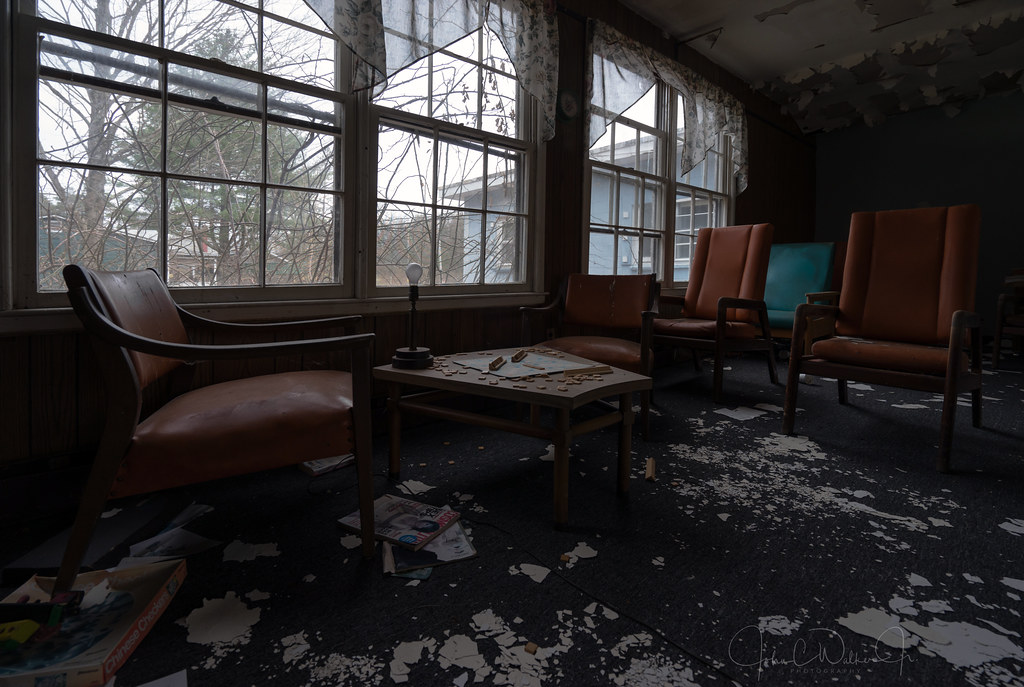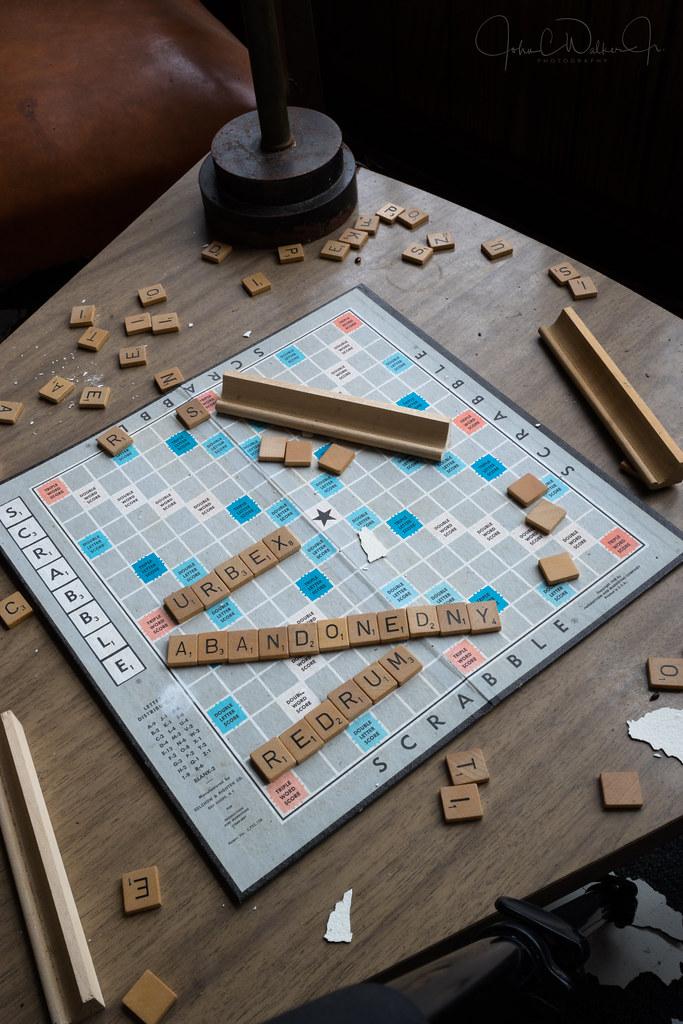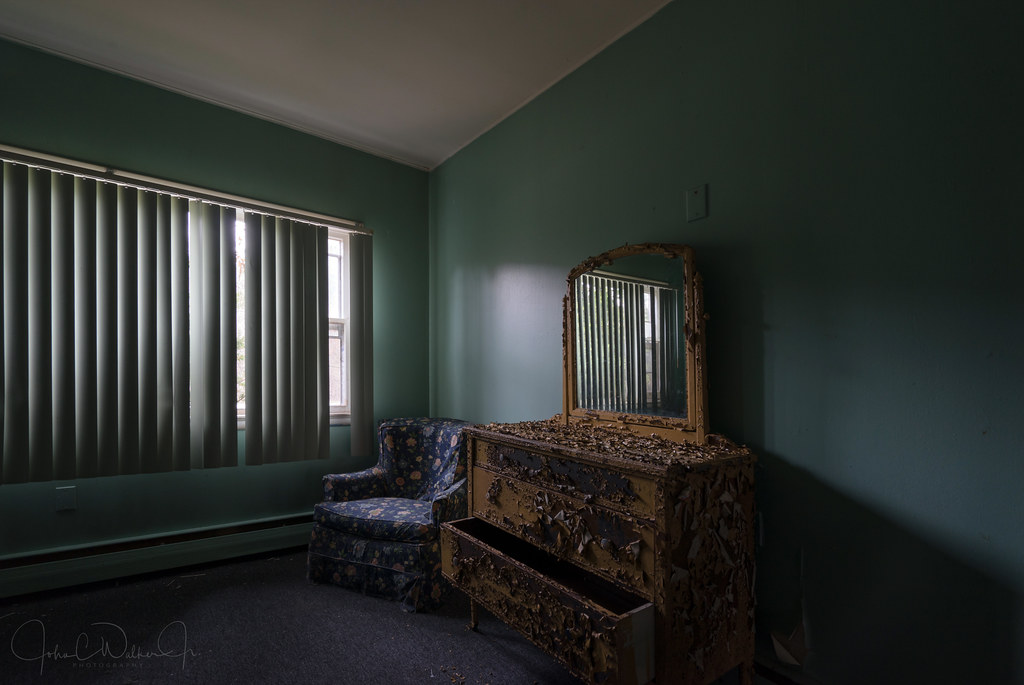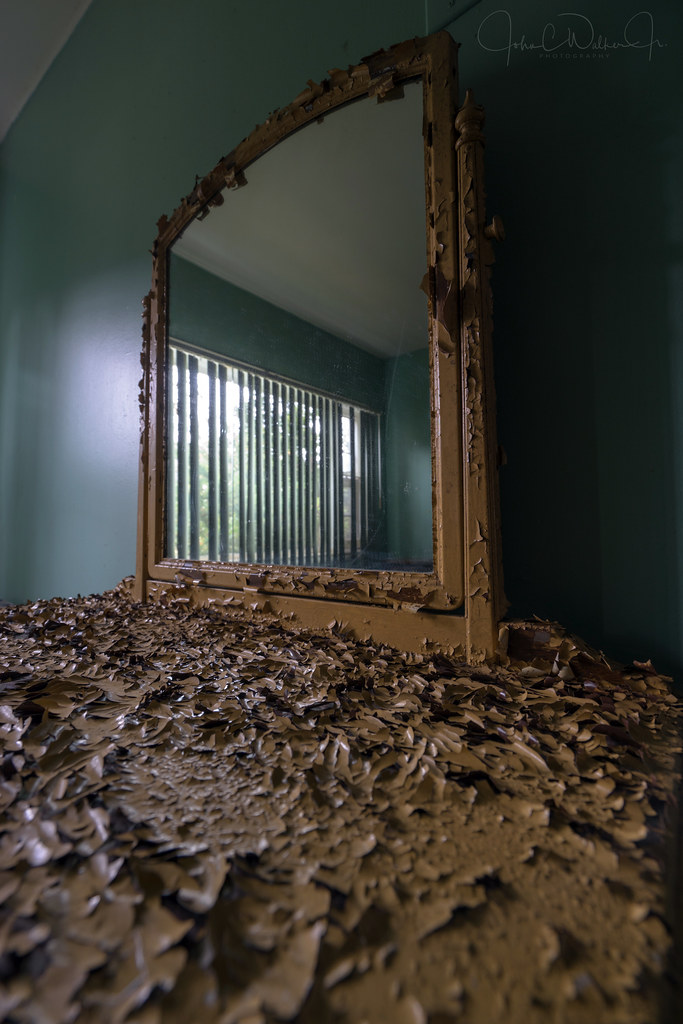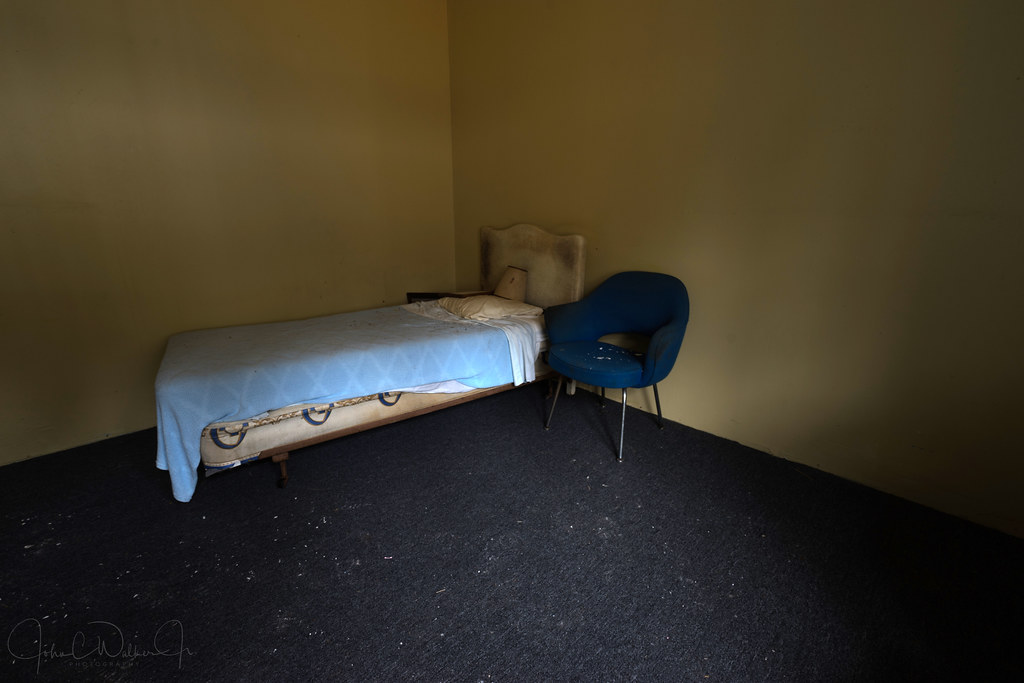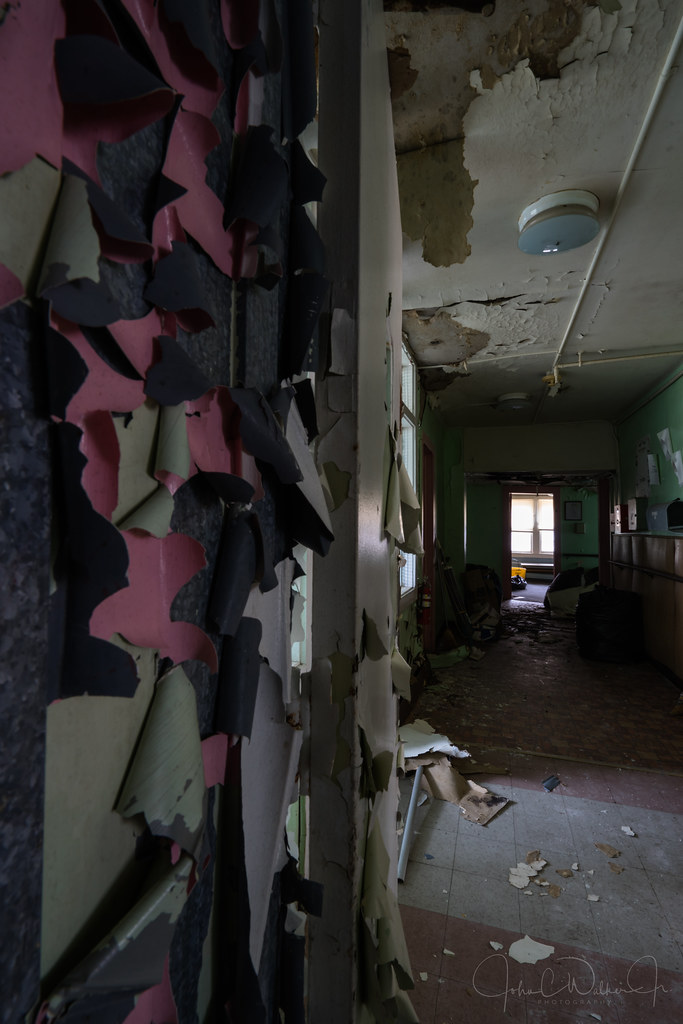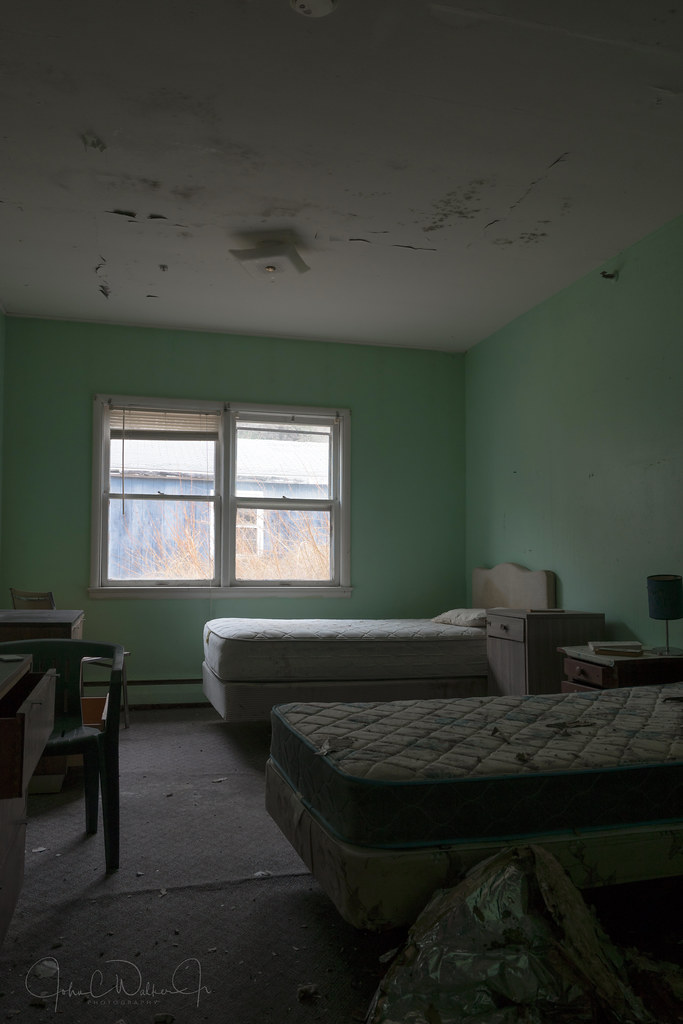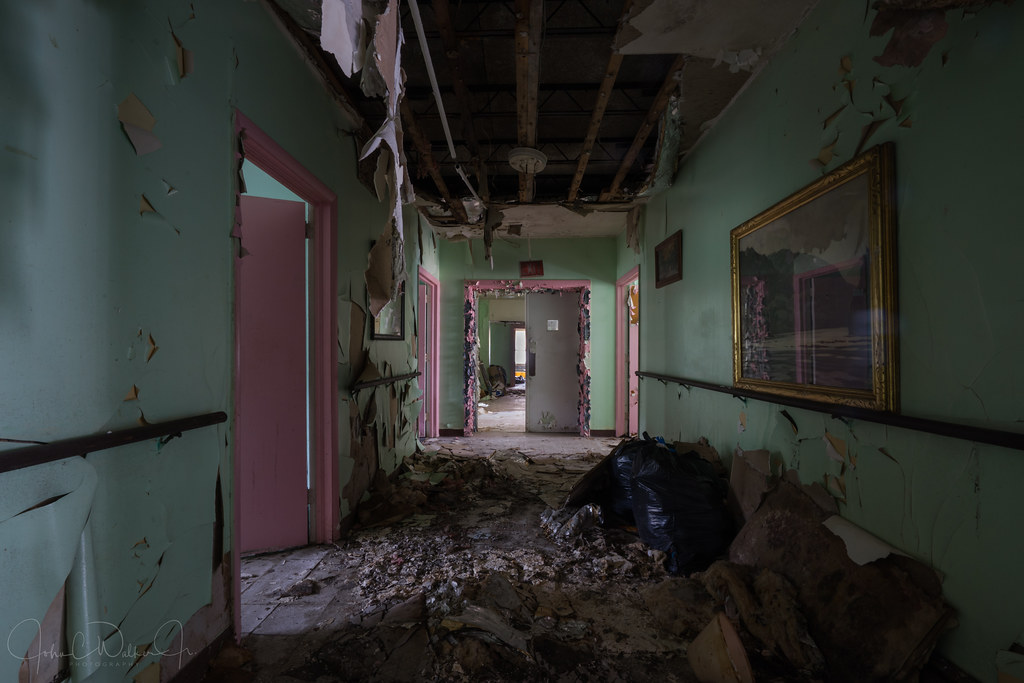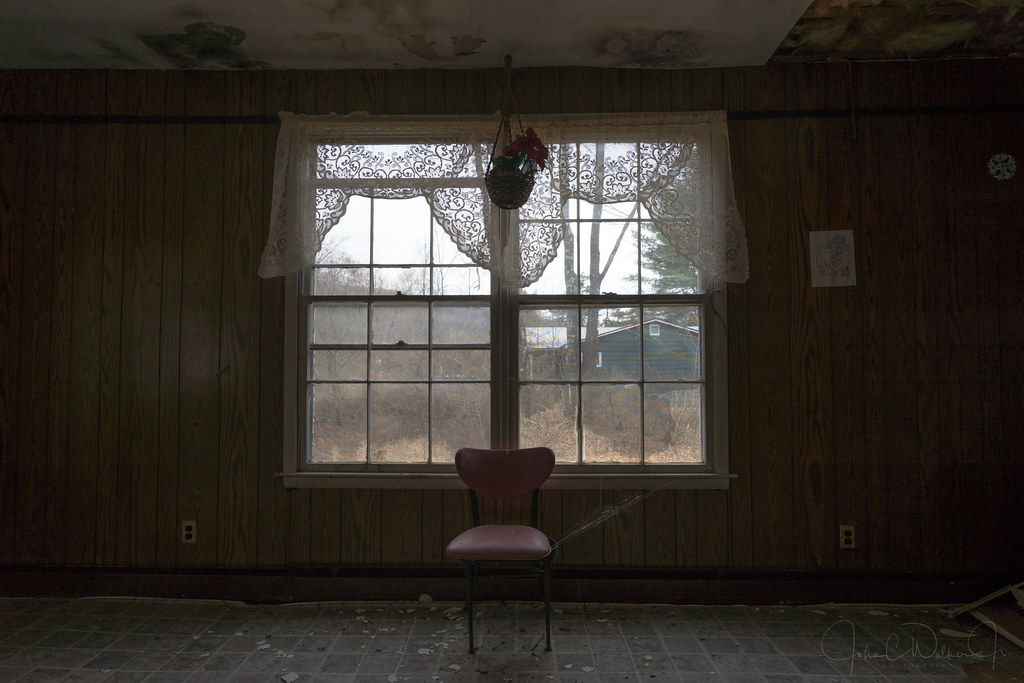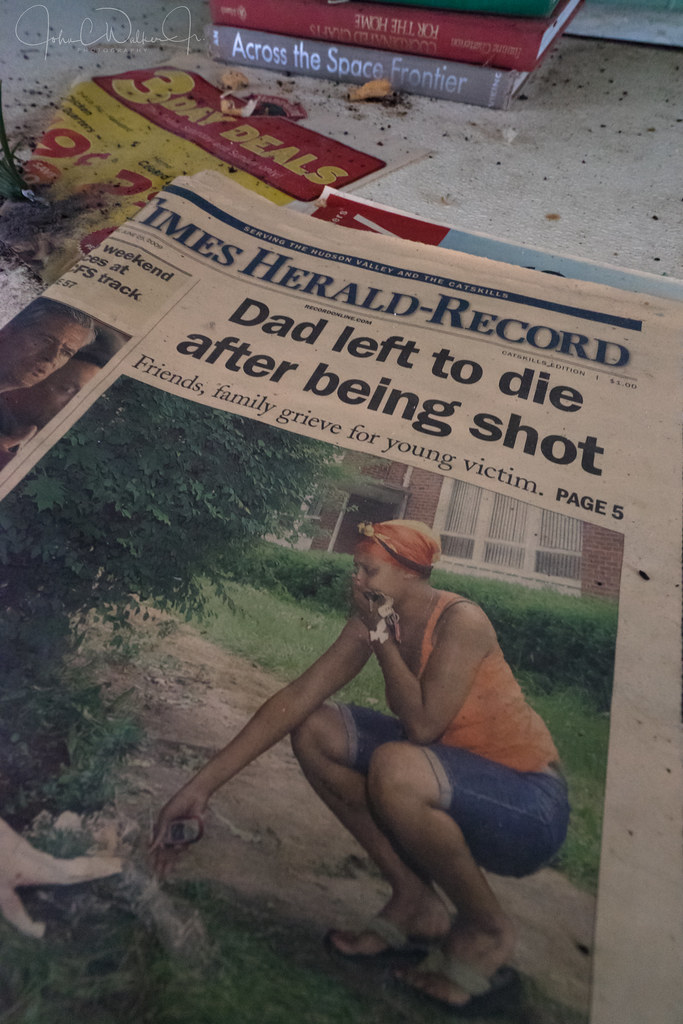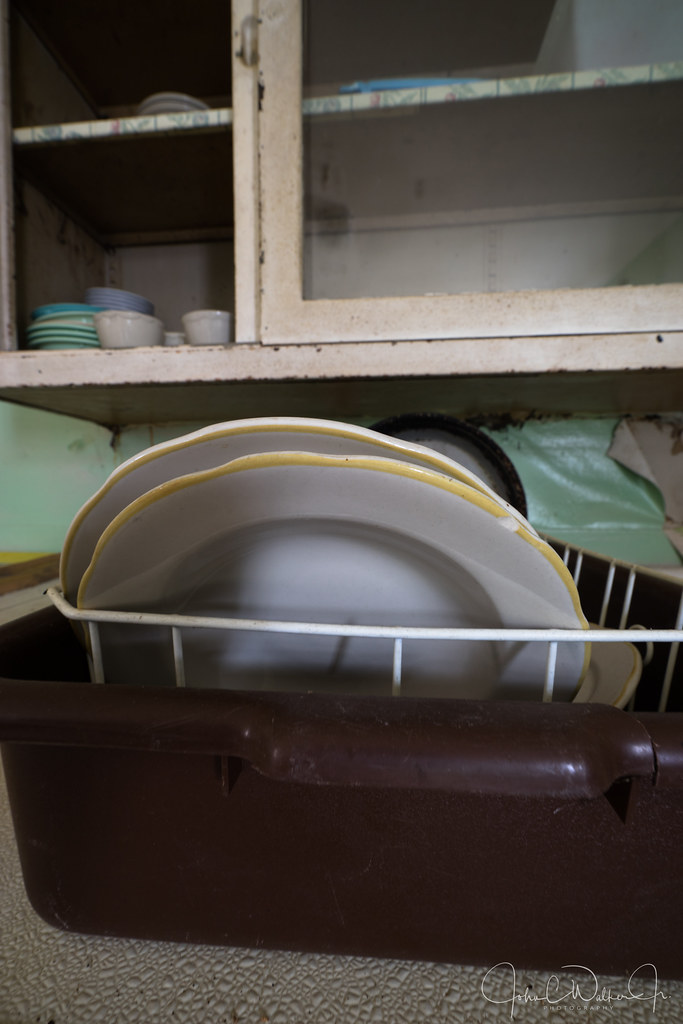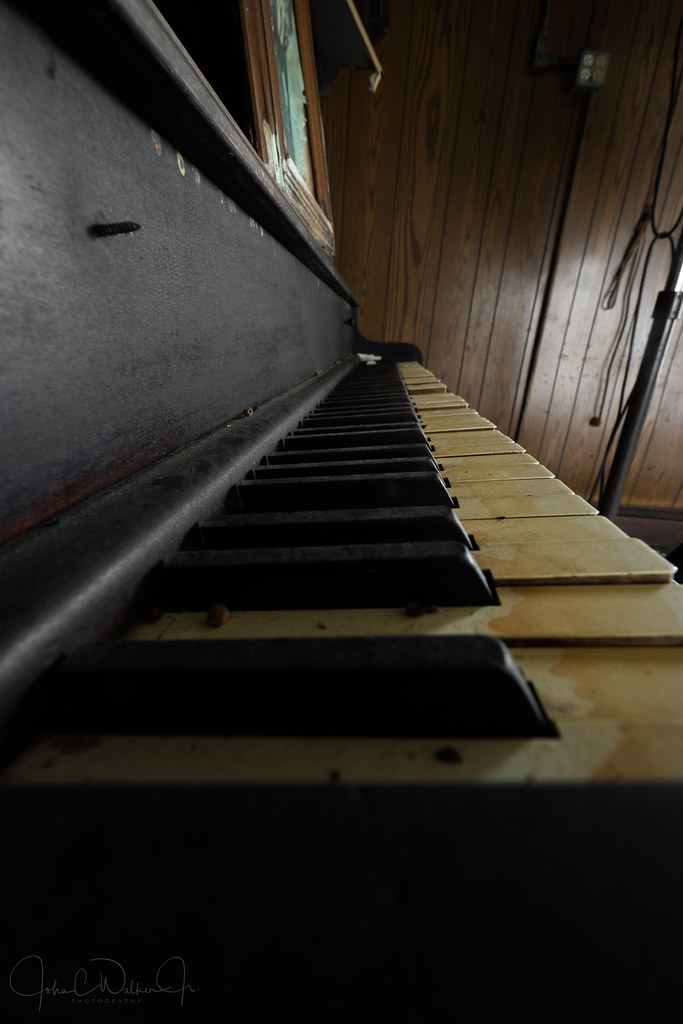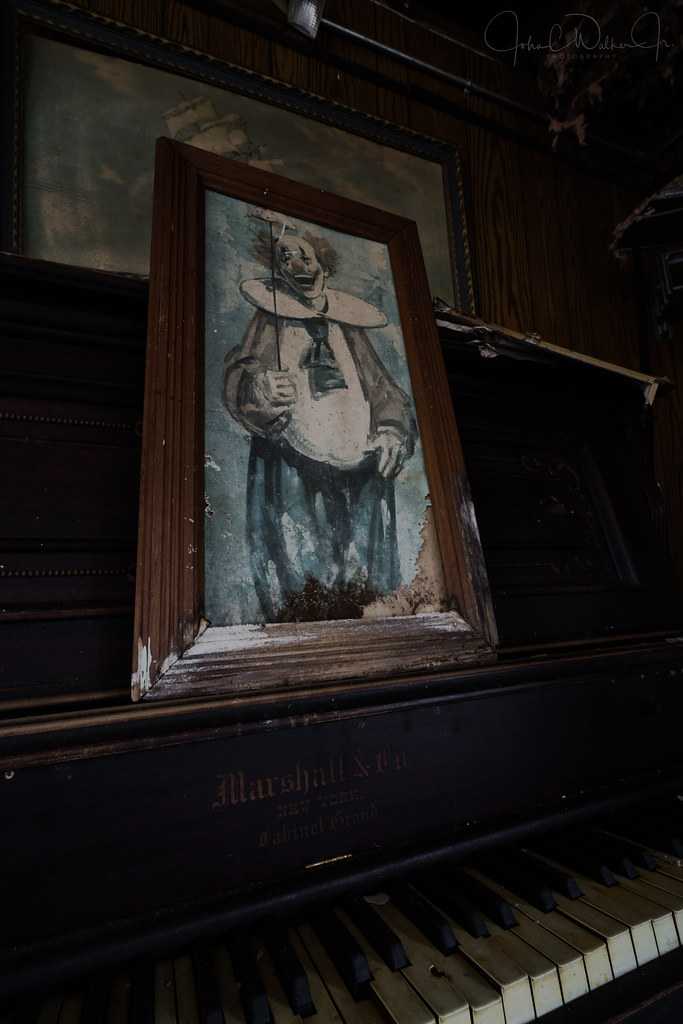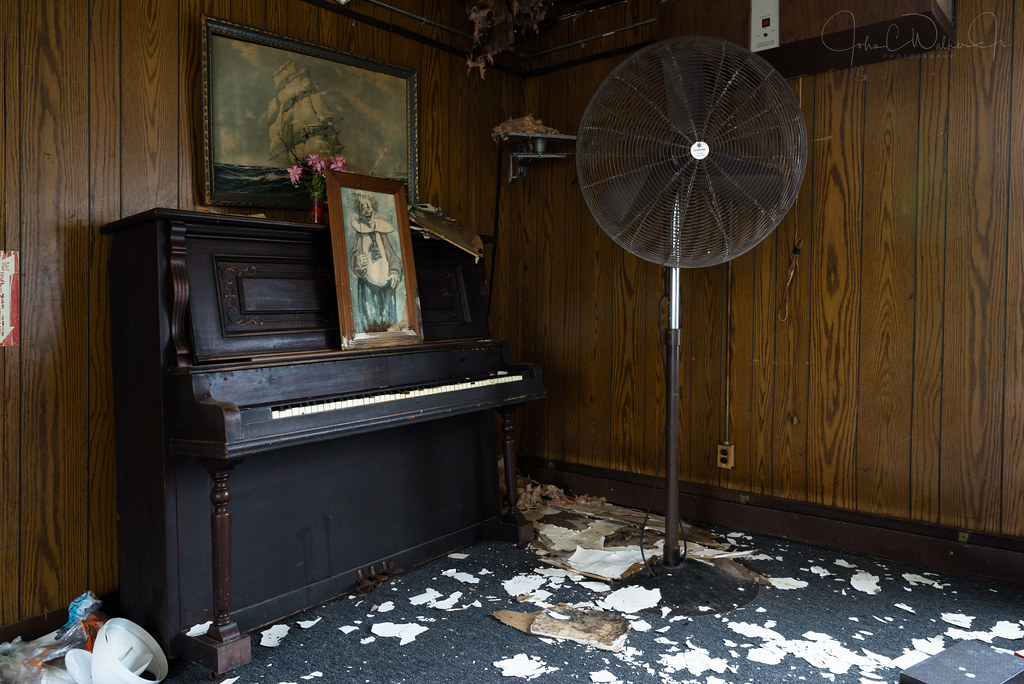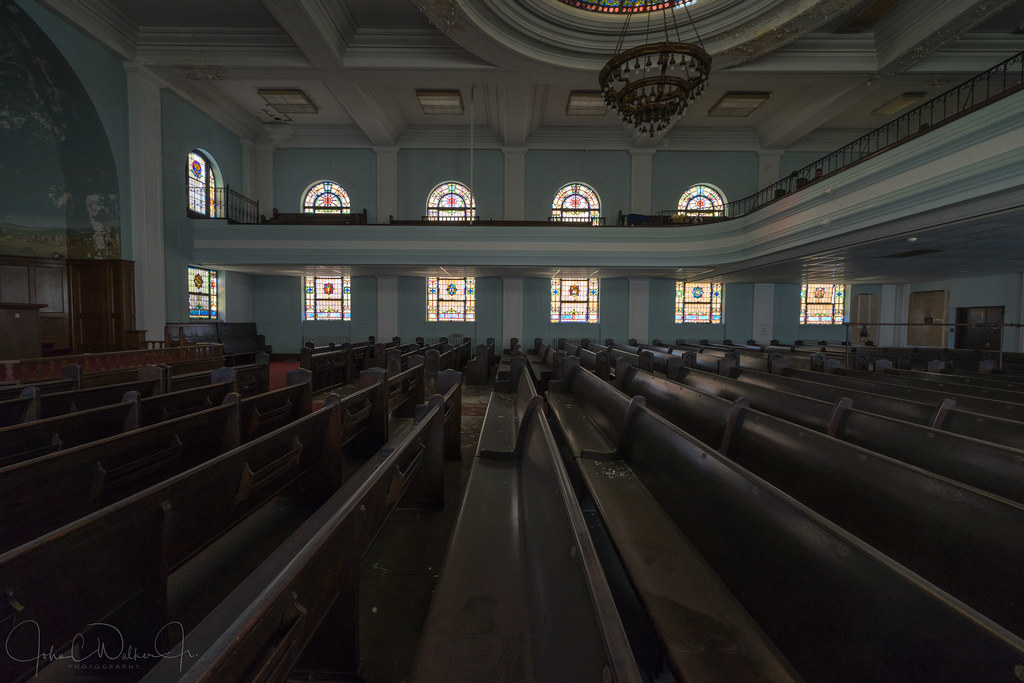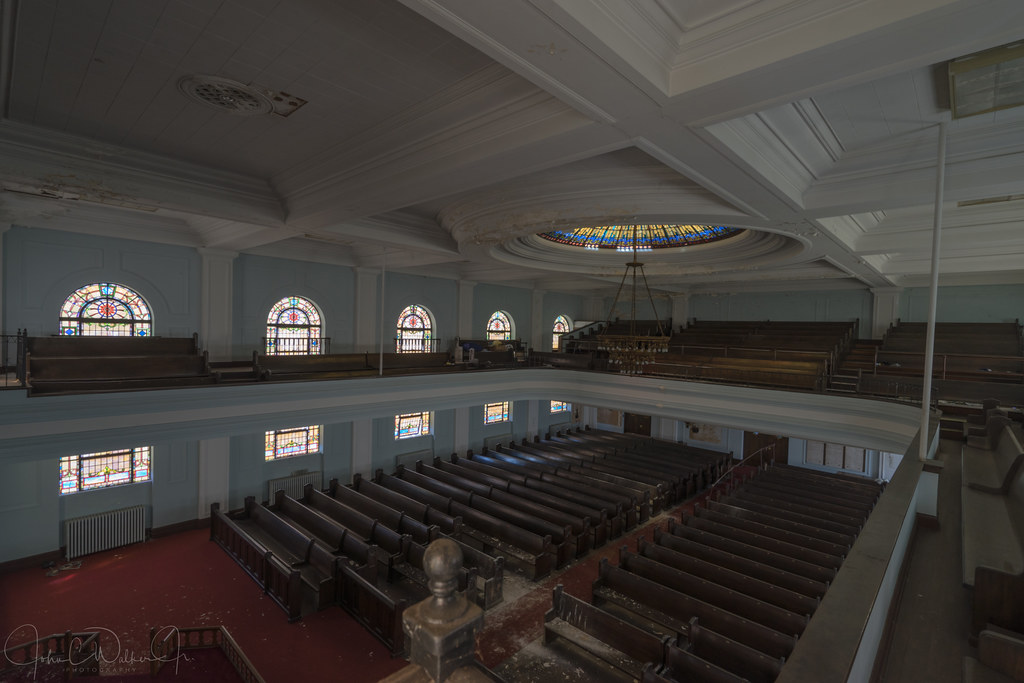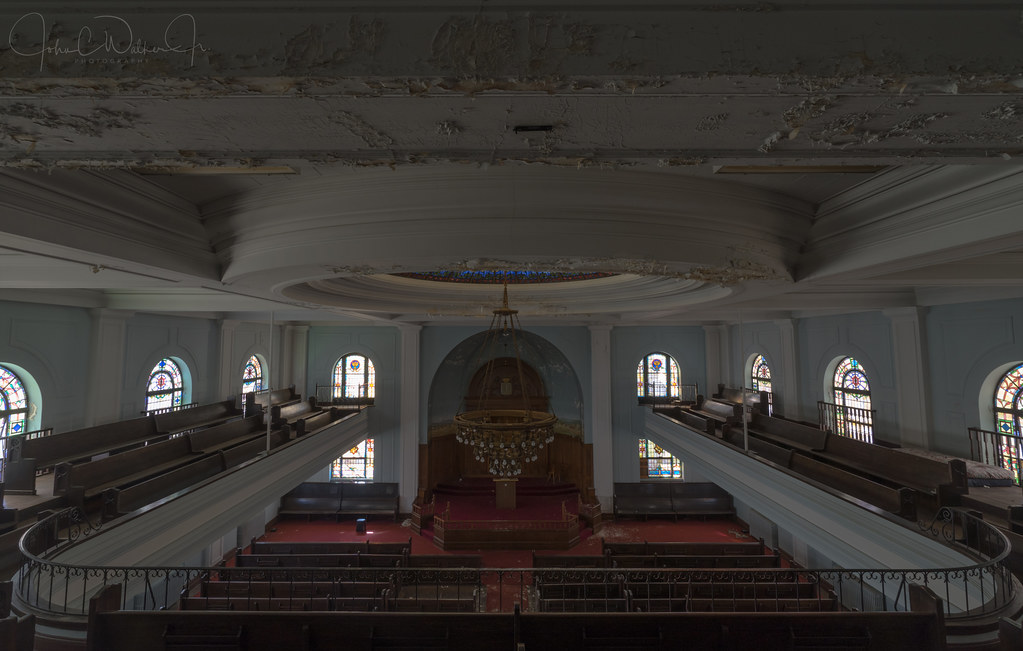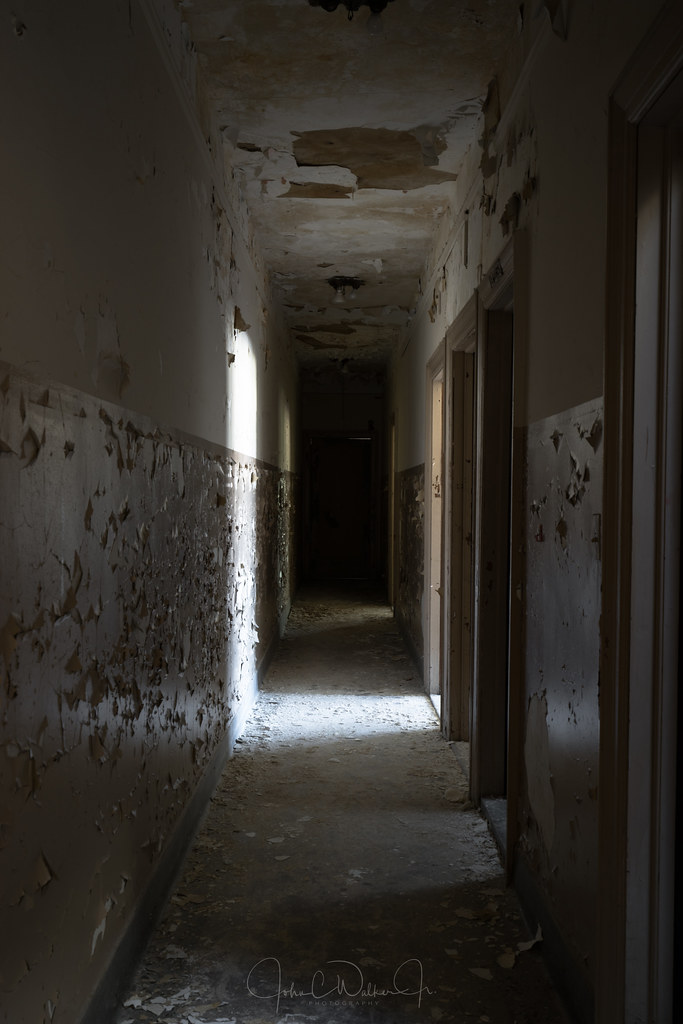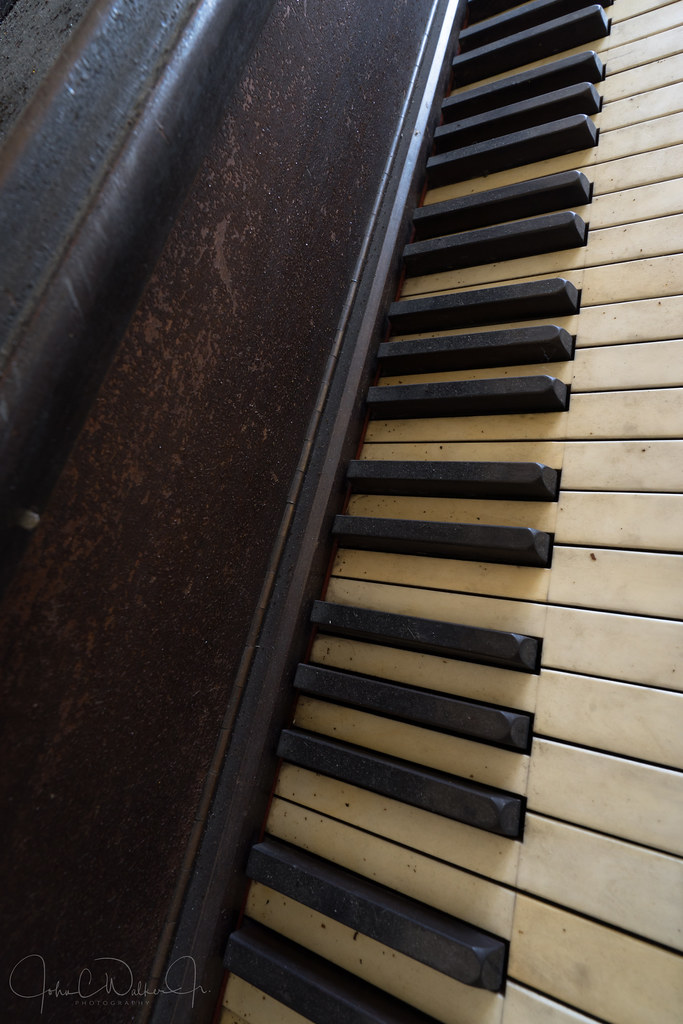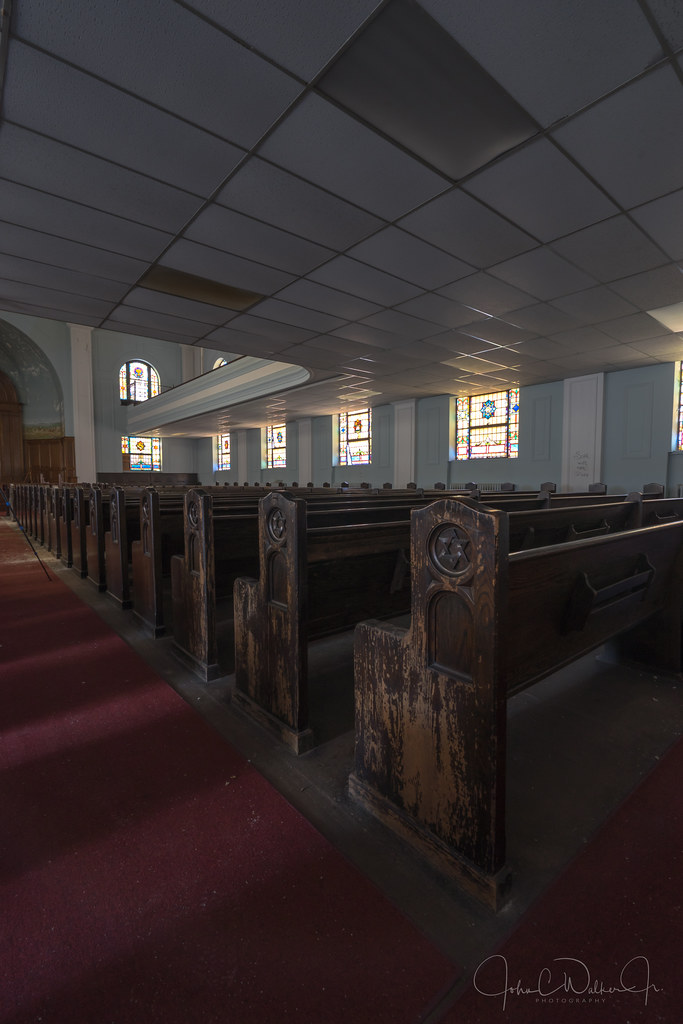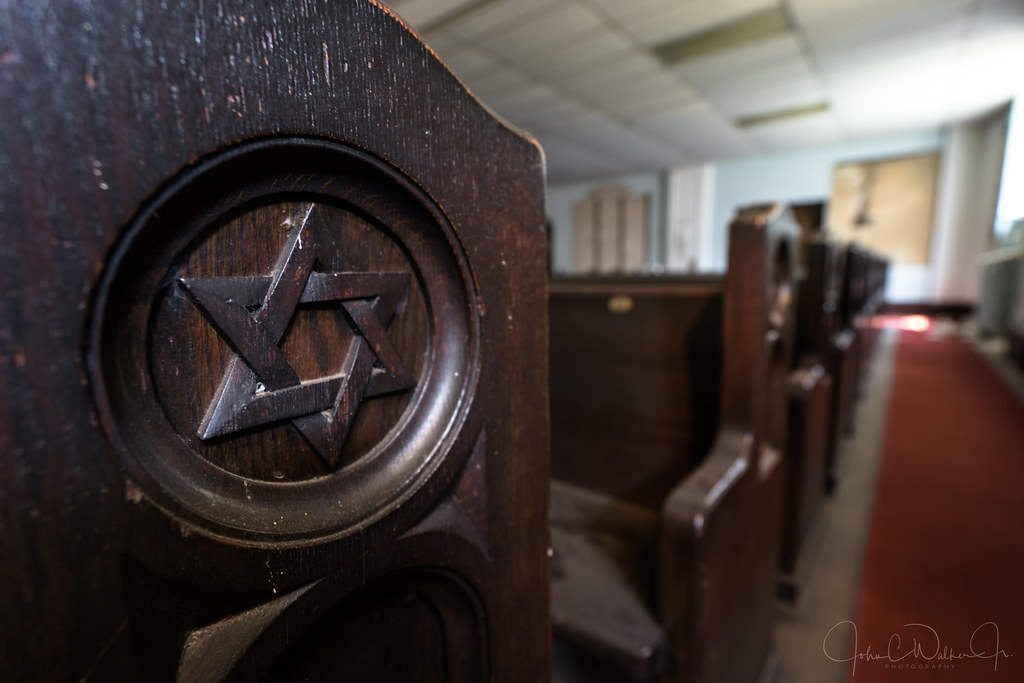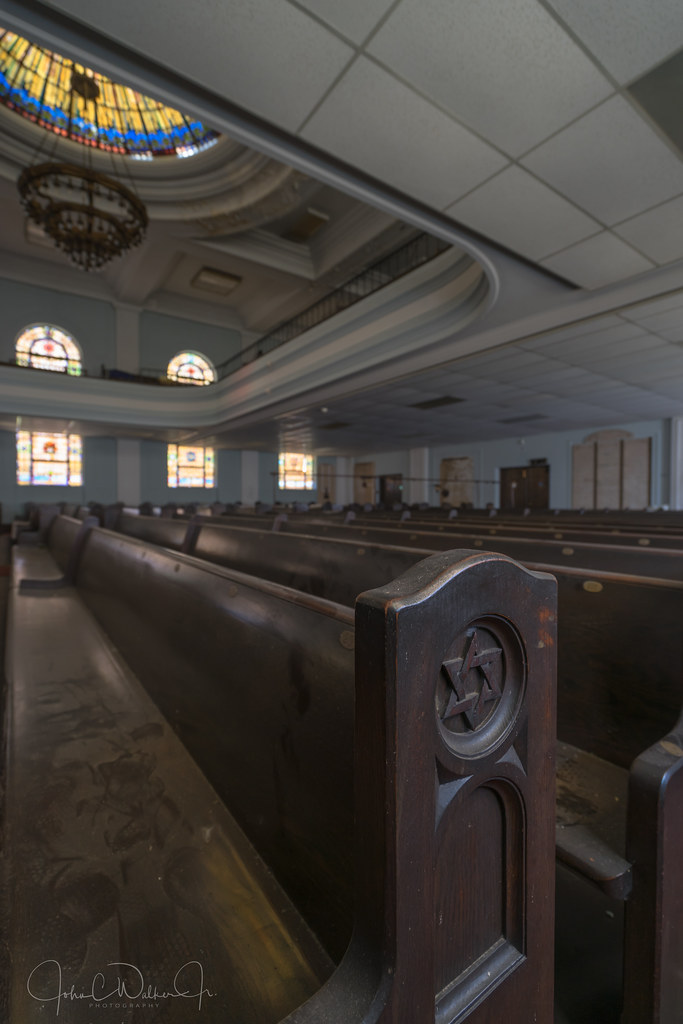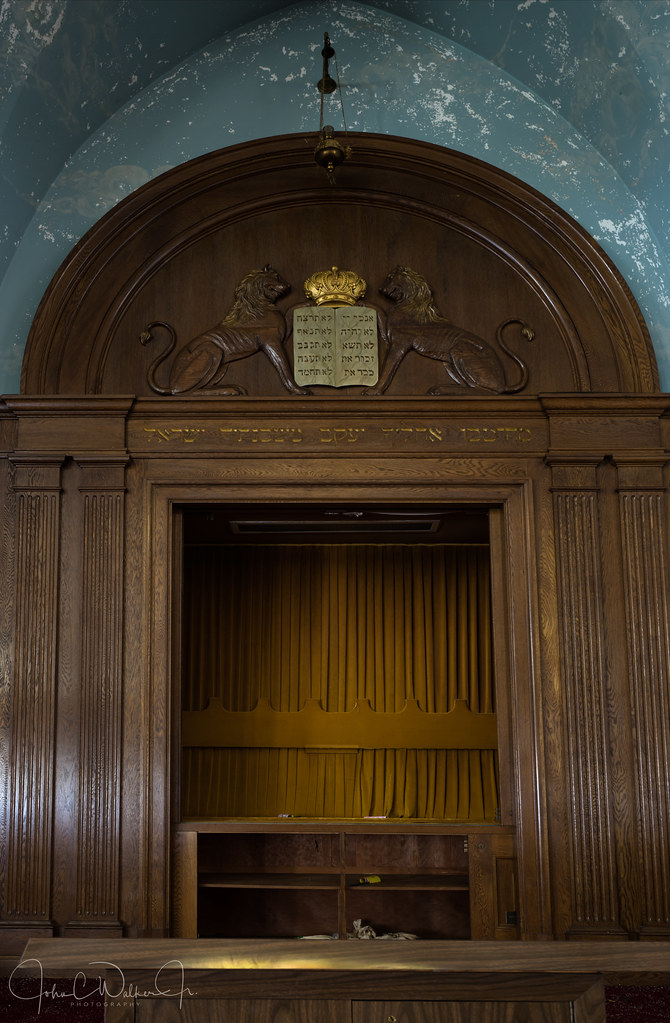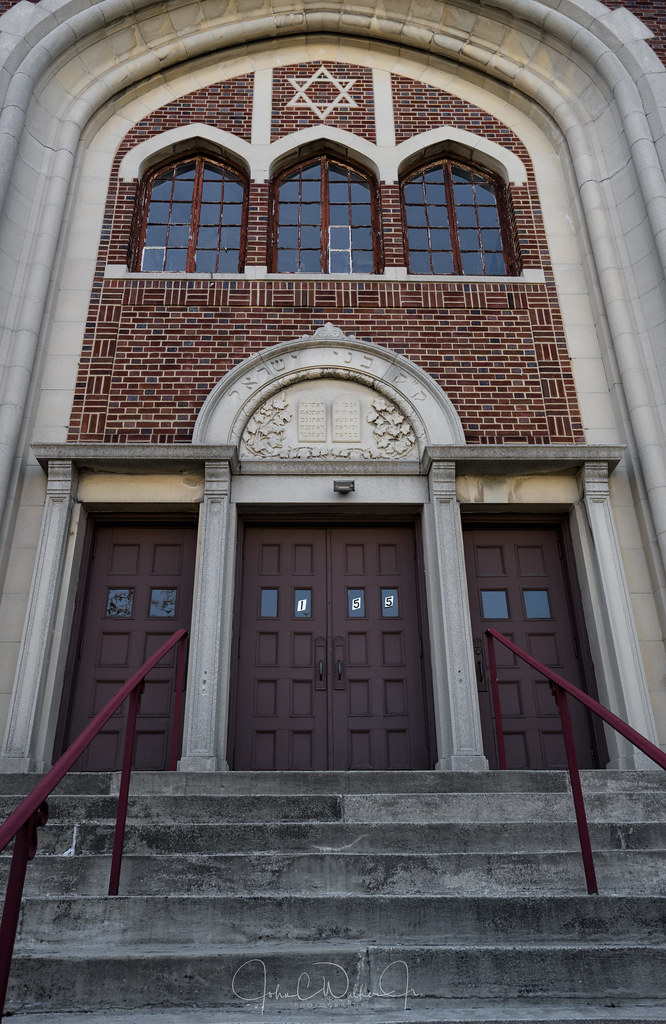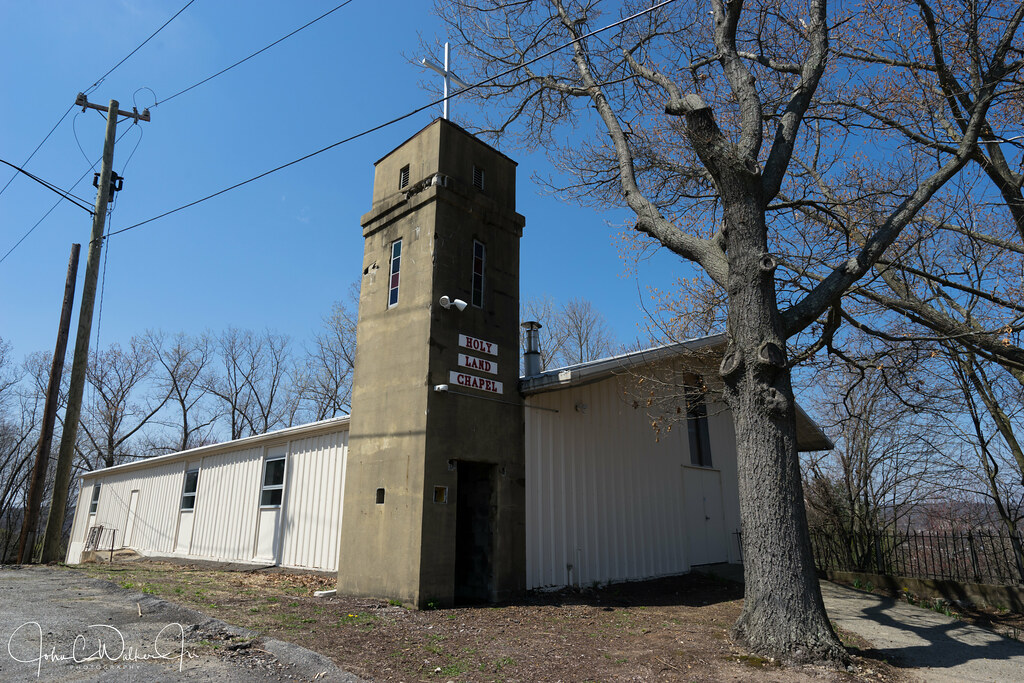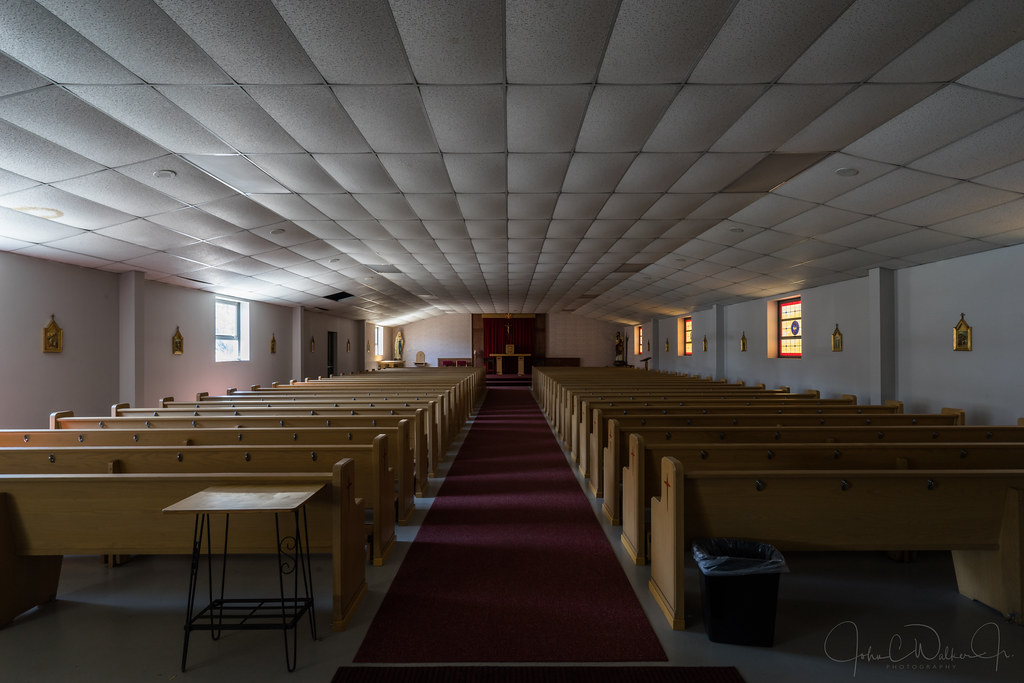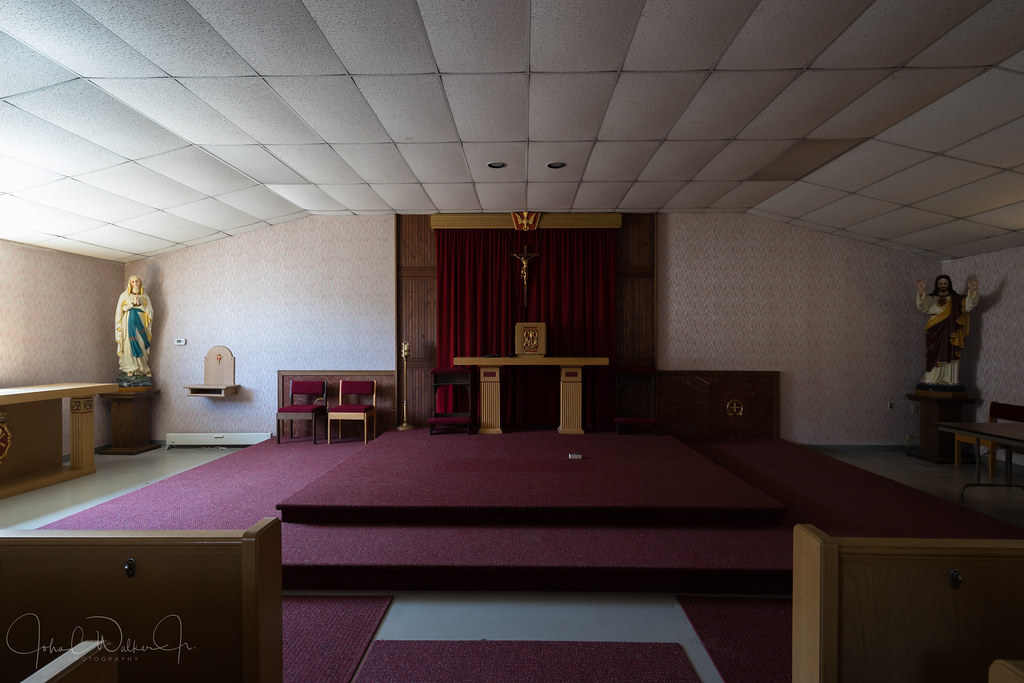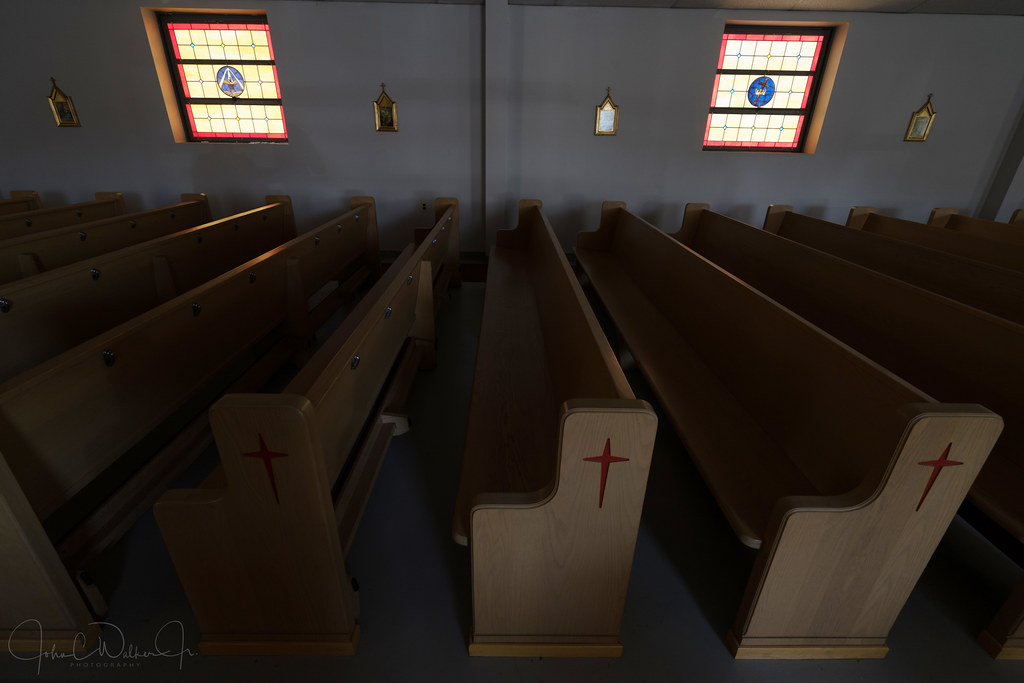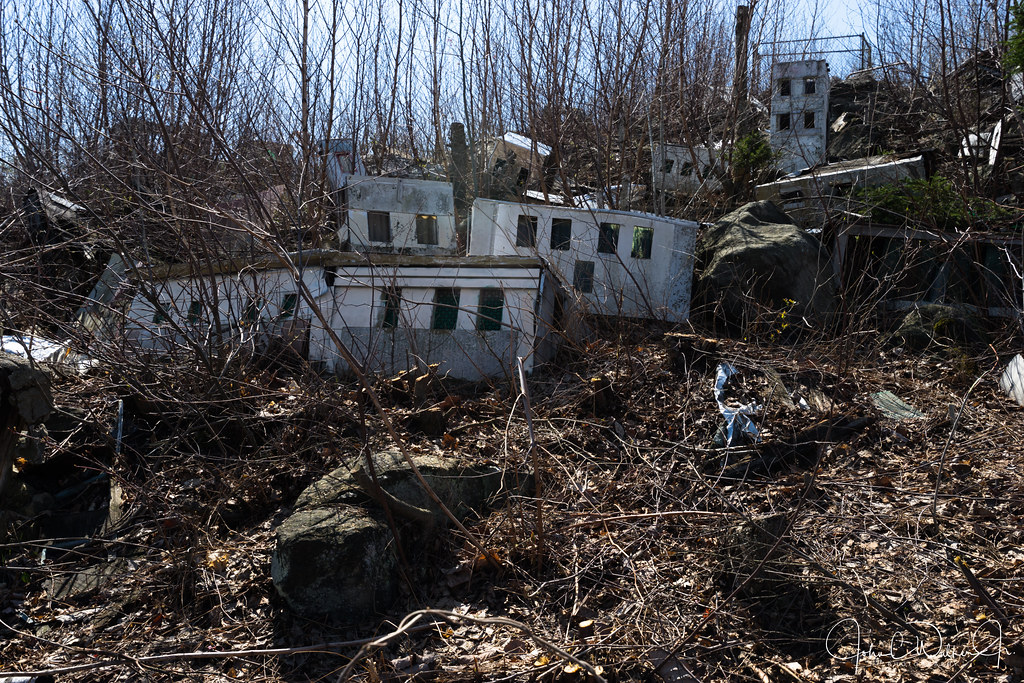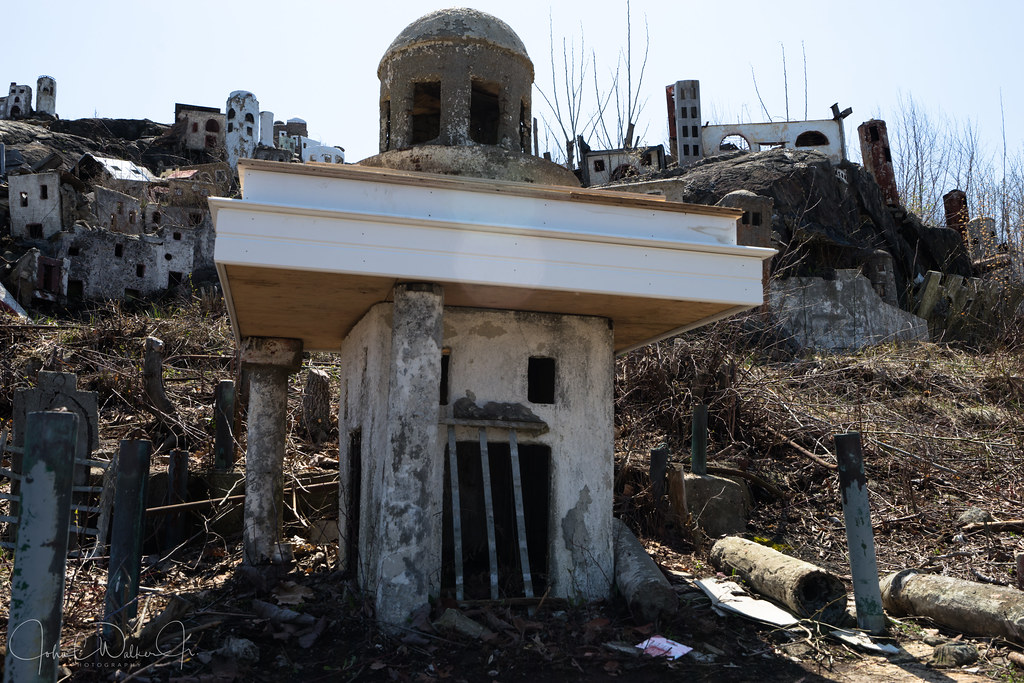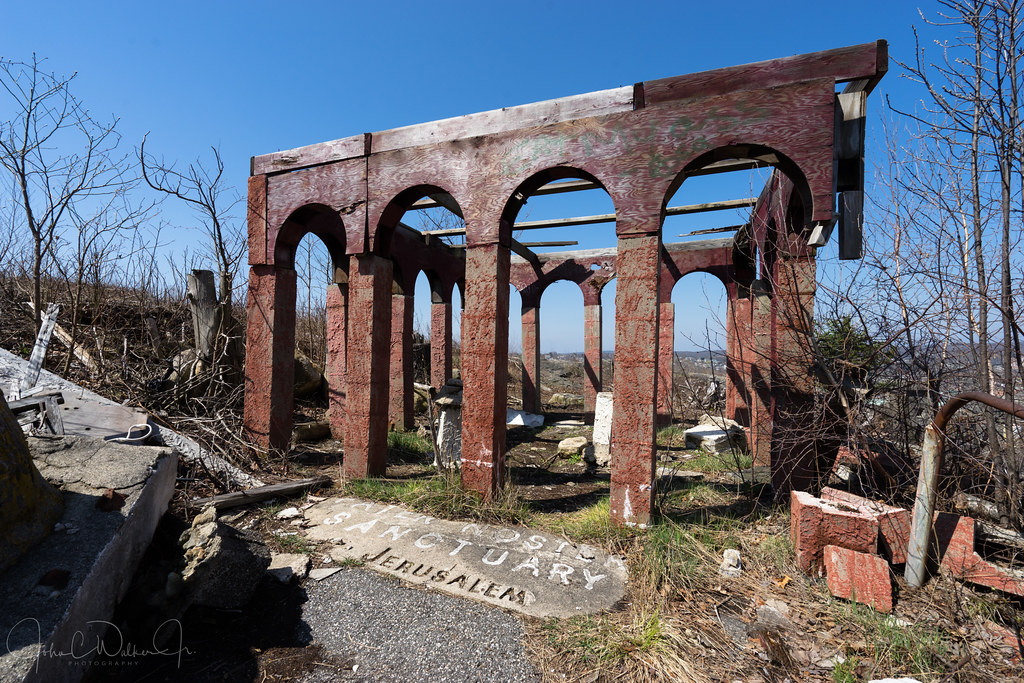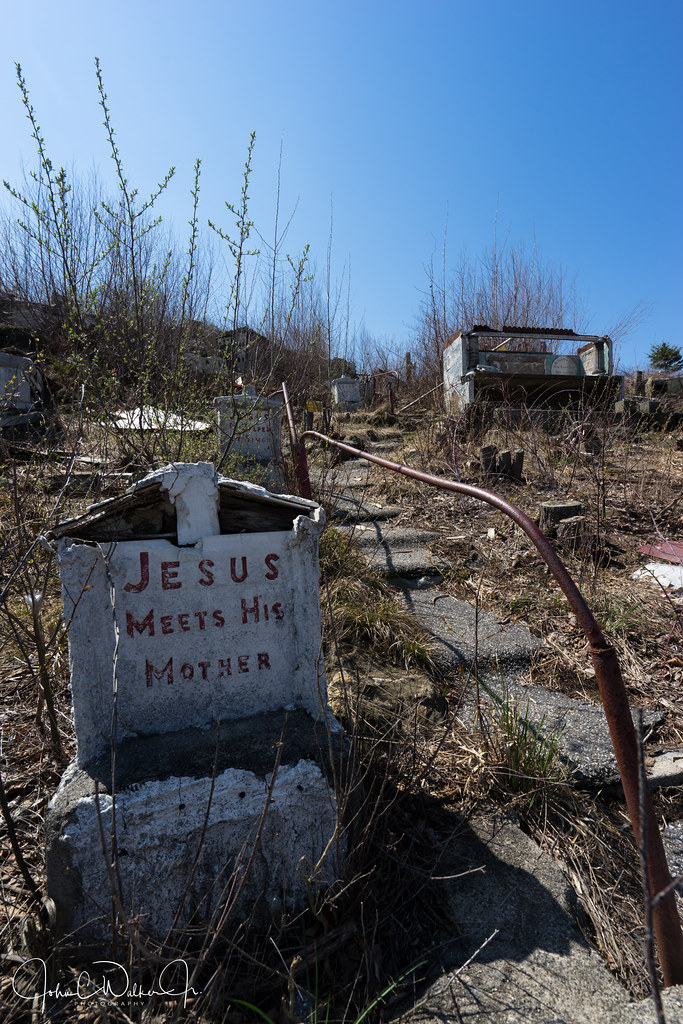Tales of Horror & Neglect.
One cold
morning in February, This Patient walked away from the Scrabble Manor Adult
Home, headed north. She stumbled into the woods about a mile away.
She fell
repeatedly. She walked in circles. She curled up under a pine tree.
And
that’s where police found her frozen body two days later, her socks next to her
body, no shoes on her feet. A medical examiner ruled that she died of
hypothermia.
She was
54 years old and suffered from severe schizophrenia. She had lived in Scrabble
Manor because she needed help with daily activities and self-care that an adult
home is supposed to provide.
Her
death, while an extreme, underscores the deplorable conditions at some of the
Hudson Valley’s worst adult homes. In too many of these homes, residents are
routinely subjected to neglect, filth and indifference.
Inspections
at 22 licensed adult homes in Ulster, Sullivan and Orange counties from 2001-07
turned up 846 violations deemed to directly affect the safety or well-being of
residents - with two-thirds of those citations recorded at the seven adult
homes operated in Sullivan County.
A year
after This Patient disappeared, another Scrabble Manor resident, walked away
from the home.
She was
78yo and had dementia and heart disease. State police believe she suffered a
fatal heart arrhythmia while walking early on Feb. 23.
They
believe she was trying to crawl back to Scrabble Manor when she collapsed on a
neighbor’s front lawn and died.
The adult
home was supposed to do hourly bed checks, but the Manor owner said at the time
that an employee had failed to do so.
No one
noticed She was missing.
Adult
home inspection reports and history documented by state agencies make it clear:
Residents of some Hudson Valley adult homes are at a significant risk of
illness, injury or even death due to carelessness or negligence on the part of
the homes’ operators and staff.
Despite
reforms over the past few years, state oversight has been ineffective in
regulating these homes, which house a vulnerable population of the elderly,
infirm and mentally ill. And anyone can end up in an adult home. All it takes
is a medical crisis that renders someone unable to live on his or her own.
State
documents paint a disturbing picture of homes where residents are left to sit
in soiled clothing, are subjected to physically or verbally abusive staffers
and repeated instances of mismanaged medications.
The state Department of
Health cited the Scrabble Manor Adult Home for 119 deficiencies from 2001-07.
One citation in 2001 noted that none of the home’s five communal bathrooms had
any kind of locks.
Adult
homes are supposed to offer housing and basic services to five or more people
in a communal-style setting. Employees help residents as needed with day-to-day
living, such as dressing, hygiene, housekeeping, meals and taking medications.
Adult
homes have existed in various forms for a century. Over the past 30 years,
however, as the state has closed psychiatric hospitals, more people with severe
and persistent mental illness have moved into these places.
A lack of
proper training and supports make adult homes a poor fit for people with severe
mental illness.
More than
11,000 people with severe mental illness - or just over one-third of the
state’s adult home population - live in 488 licensed facilities. The 2008-09
budget includes $20 million to allow three state agencies to buy adult homes to
convert to mental health or other housing.
Adult
homes (also called “adult care facilities”) differ from nursing homes in that
nursing homes provide 24-hour nursing care, diagnostic services, pharmacy,
physical therapy and social services. A resident must qualify medically for
nursing home admission.
To
qualify for an adult home, residents must be unable to live independently for
medical or psychiatric reasons. Theoretically, adult homes provide a clean,
safe environment and conscientious care. How well those services are provided
depends on the operator.
